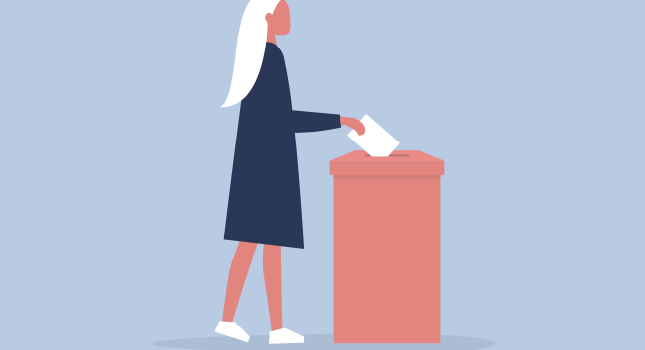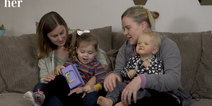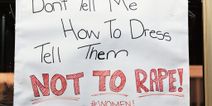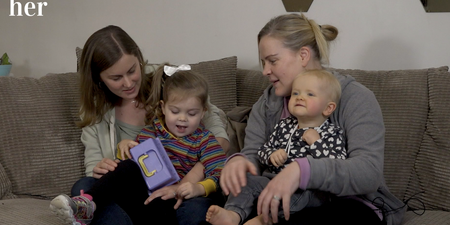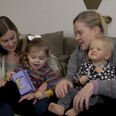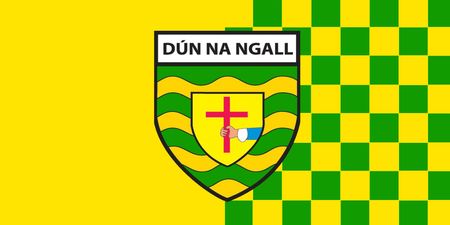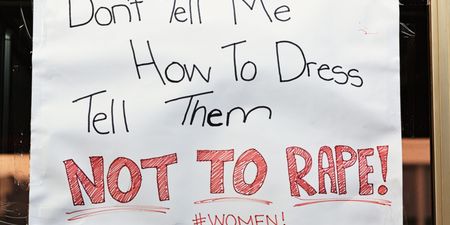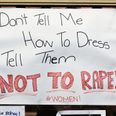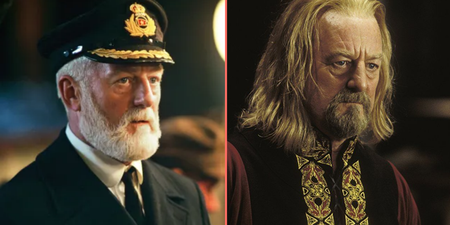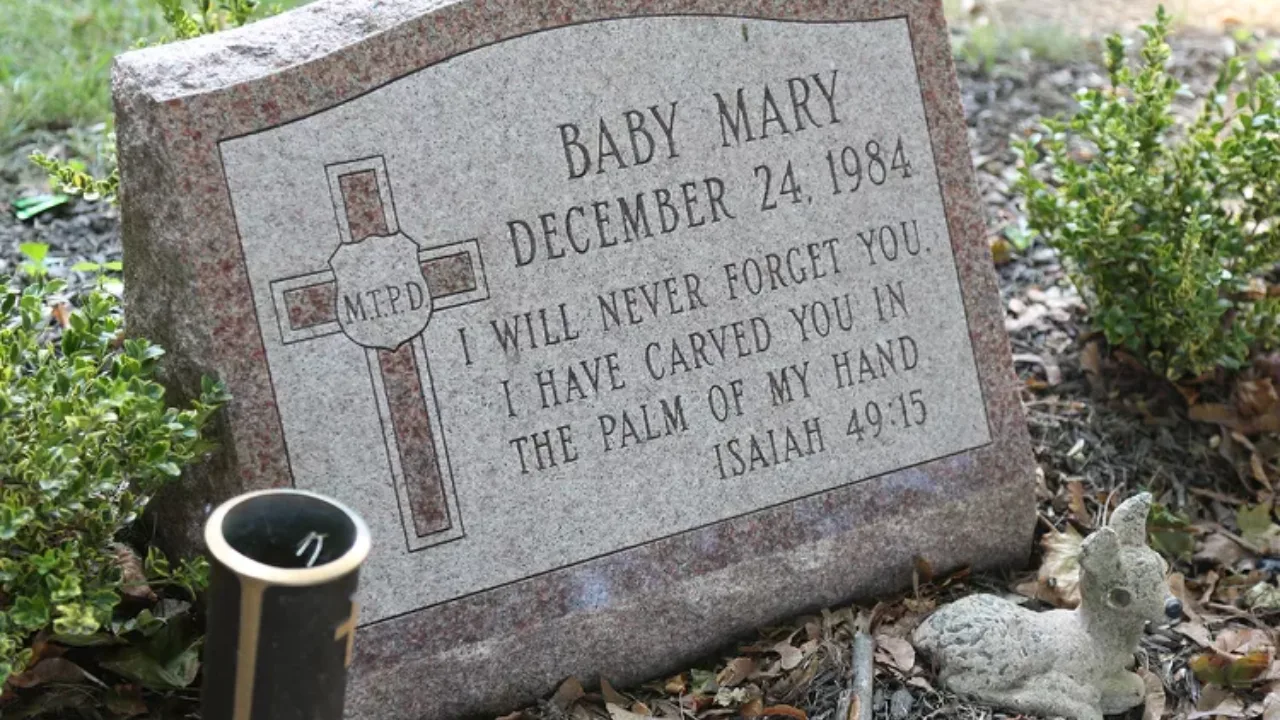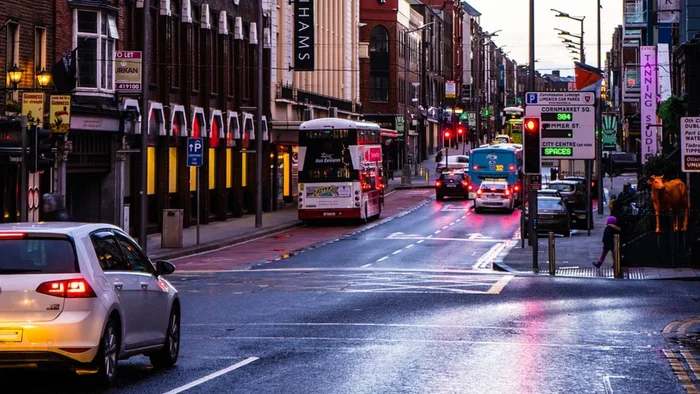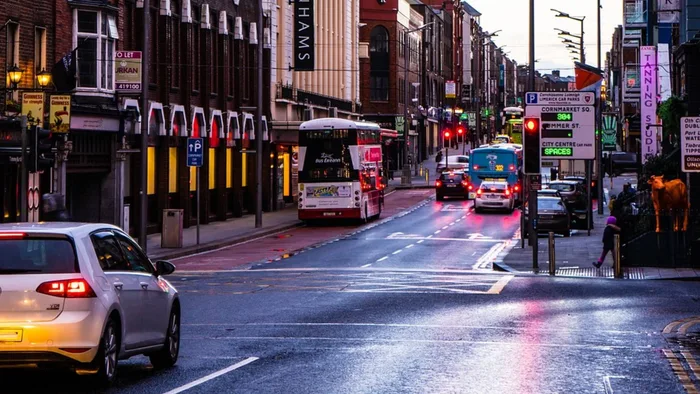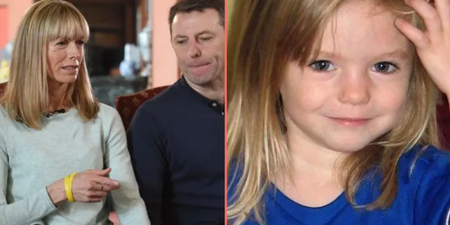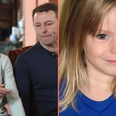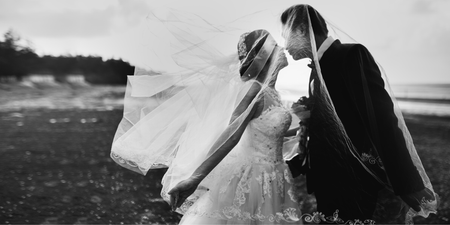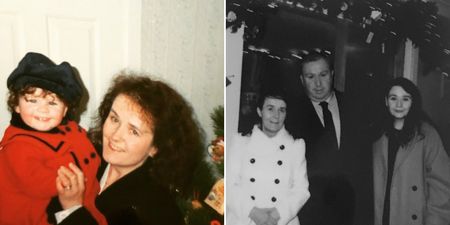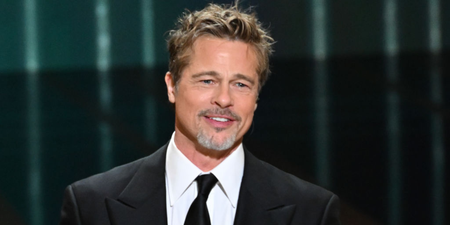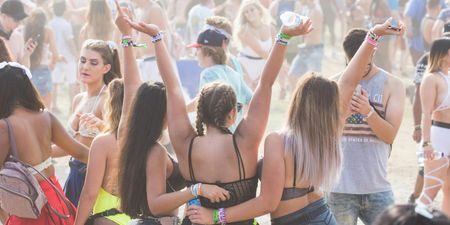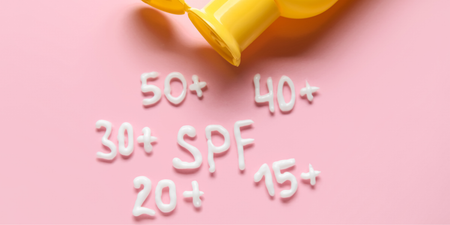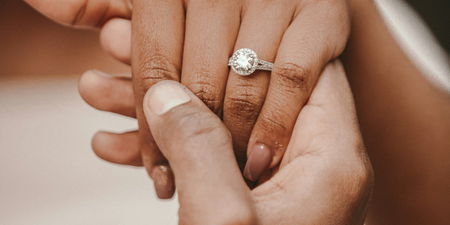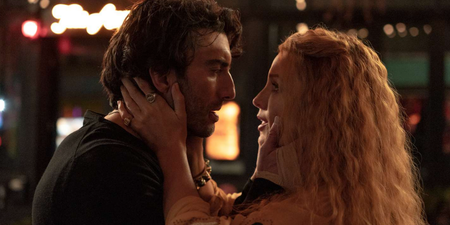“I hope voters in Ireland can see that their country is unique, crazy, amazing, and ripe for change.”
While the majority of us will be heading to the polls on Saturday morning, there are thousands of people living in Ireland who cannot vote. Some are not permanent residents, some don’t have the necessary residency status and many are too young. However, the make up of the new government, and the policies that it implements, will affect us all.
So, we sought out women around the country who are politically interested and engaged but don’t have a vote in the upcoming election to ask them about the issues they’d like us to consider when casting our own ballots.
Kelsey Gallagher

Kelsey Gallagher is a Canadian woman married to an Irish citizen and living in Donegal. Kelsey has a Stamp 4 visa, which allows her to live and work here but does not give her the right to vote. Kelsey currently works as a Special Needs Assistant.
She says there are stark differences between the political systems in Canada and Ireland.
“I see proportional representation as a strength of the Irish electoral system. In Canada, there’s a stronger polarity between the main parties, and when there’s a change of regime a lot of things actually change in Canada. In Ireland it seems that a government goes in and the same policies stay in place because there are only minor differences in the outlook of the parties.”
However, Kelsey doesn’t think that the dominant parties cover every citizen.
“I feel that Irish politics cater to Irish people with wealth. It seems like the dominant parties are interested in keeping the rich rich and not upsetting the apple cart.
“I would change the way things are done here by encouraging marginalised people and young people to vote, and to not feel they have to indulge in the same ruts and biases that their parents and grandparents did.”
Not being able to vote, Kelsey says, “puts me at the mercy of my family and friends who can vote”. “I have to trust that if a candidate ran on an anti-woman, anti-immigration platform that my loved ones would think of me and say ‘no, I’m not going to support someone like that’.
“I hope voters in Ireland could see that their country is unique, crazy, amazing, and ripe for change. If they could get such great results in the recent referendums, then why can’t we get great representatives in the Dáil?”
As for this weekend’s general election, there are some issues that Kelsey urges those with a vote to consider.
“Ultimately I hope that whoever gets elected will address the housing crisis, give medical cards to everyone, put banks in their place, prioritise the environment in a big way, and create more permanent, full time jobs for good SNAs.”
Owodunni Ola Mustapha

Owodunni Ola Mustapha is a lone parent to three children. Originally from Nigeria, Ola and her children have been in Ireland for five years. They live at the Ballyhaunis direct provision centre in Co. Mayo.
Ola is able to vote in the local elections but not in a general election.
“The first time I ever voted in my life was in the local elections and that gave me an insight into how politicians interact with the electorate when canvassing for votes. I was able to ask pertinent questions about the state of the direct provision system and its effect on those stuck in the system. It was amazing to find out that a lot of these candidates had no idea what the system is all about.”
Ola sees the rules that disqualify asylum seekers from voting in general elections as a silencing tool.
“My inability to vote in this general election makes me feel like my voice isn’t heard and the national government is directly involved with how the system is run.”
Direct provision isn’t the only consideration Ola hopes voters will bear in mind when talking to canvassers.
“The issues I care about and would like to see addressed are the gender pay gap, childcare, equal representation of both men and women in public offices. Lastly, a blanket right to work for all asylum seekers.”
Rossa Gilsenan

Rossa is 17 and lives in Co. Monaghan. She is an active member of the Young Greens – the youth wing of the Green Party. She is frustrated by the age limit on voters.
“It’s disappointing that even though I have a clear view of who I would like to represent my constituency, I can’t have a vote. Even though there are people who are older than me who don’t care, and think it doesn’t affect them, or people who vote in politicians that fail to act productively.”
There are a selection of issues that are of vital importance to Rossa, and indeed to many other people of her age.
“I’m angry that there are people living on the streets, people in direct provision, people ill on trolleys… I’m angry that the people in power in this country aren’t doing enough.
“I can see every day that this country is struggling in lots of ways and the current leaders aren’t doing enough to solve it. I think any right wing party won’t have what it takes to get Ireland on the right path.”
Like many young people, the climate crisis looms large on the radar for Rossa – something that she hopes every single voter will consider before this Saturday’s election.
“The whole world is in a climate crisis and the Irish Government needs to take action and change drastically because soon it will be too late. The Green Party have been saying that for decades which is why I support Green candidates and a left, progressive and equal party.”
